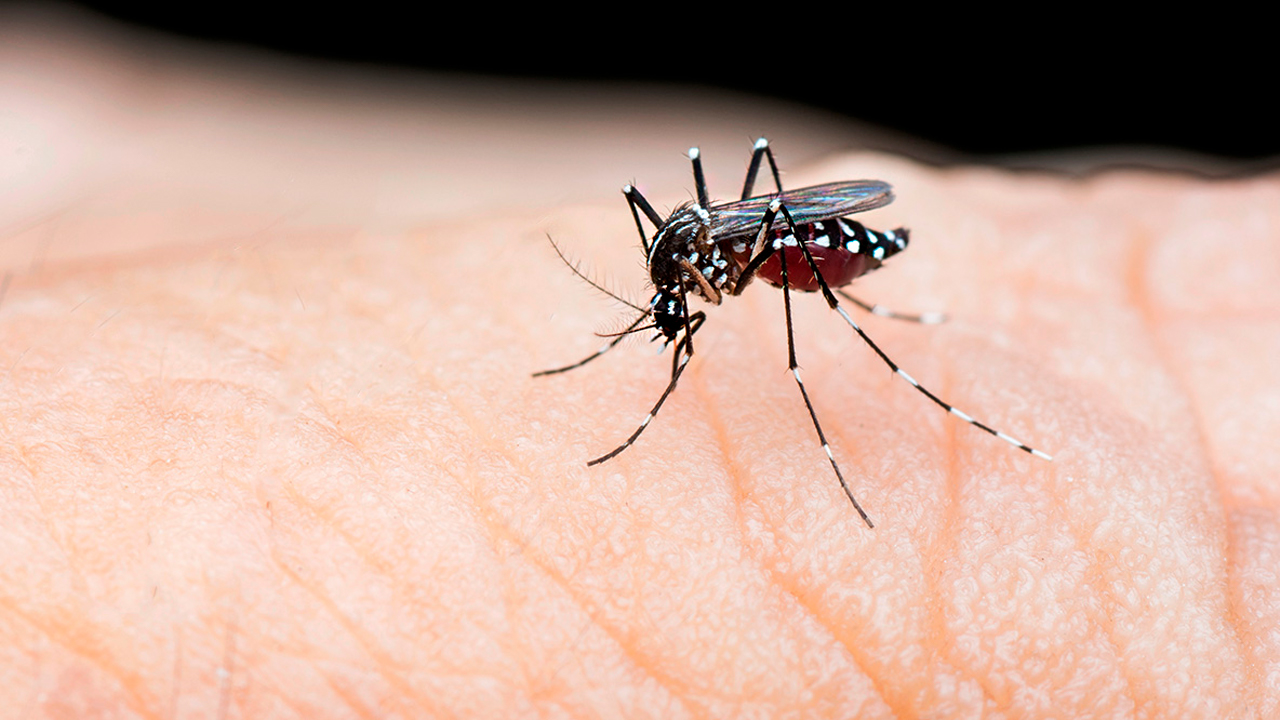Dengue is a mosquito-borne disease that takes place in the tropical and subtropical regions of the world. Every year, dengue infections affect millions of people worldwide. There are four different forms of the Flaviviridae family virus that cause dengue which are DENV-1, DENV-2, DENV-3, and DENV-4.
Symptoms of dengue:
- Rashes on the skin
- Feeling Nausea
- High fever
- Headaches
- Enlarges glands
- Joint, muscle, or bone pain
- Vomit
According to the National Center for Vector Borne Diseases Control, "India has hit 30,627 infected cases of dengue and cases till August 31st in the year 2022.” The development of dengue fever vaccines is ongoing. For now, avoiding mosquito bites and taking measures to minimize the mosquito population are the best approaches to prevent illness in places where dengue fever is common.
Causes of dengue:
- Any one of the four dengue virus types can cause dengue fever. Being around someone who has dengue fever won't cause you to catch it. In contrast, mosquito bites are how dengue disease is transmitted.
- The two mosquito species that carry dengue viruses most frequently are widespread in and around residential areas.
- The dengue virus enters the mosquito when it bites a person who is infected with it. Then, when the infected mosquito bites another person, the virus enters that person's circulation and produces an illness.
- This indicates that one of the other three virus types could infect you once more in the future. In the event that you contract dengue fever a second, third, or fourth time, your risk of acquiring severe dengue fever rises.
Prevention from dengue:
- Remain in well-screened or air-conditioned homes.
- Wear full sleeve clothes when you step out during the evening.
- Apply mosquito repellent to your body.
Because the virus might be circulating in your blood at this time, you run the risk of spreading it to fresh, uninfected mosquitoes, which could then infect further people. It is important to note that the risk factor for dengue is the presence of mosquito breeding grounds close to places where people live.
The major techniques for stopping the spread of dengue disease are avoiding mosquito bites and managing the mosquito population. These recommendations may help lower your risk of mosquito bites if you stay in or visit a region where dengue fever is prevalent.
(Disclaimer: The content on this site is for informational purposes only, and should not be taken as professional medical advice. Always seek the guidance of your doctor or other health professionals for any questions you may have regarding your health or a medical condition.)

 According to the World Health Organisation, “The global incidence of dengue has grown dramatically, with about half of the world's population now at risk, although an estimated 100-400 million infections occur each year." Therefore, you should not take any symptoms lightly and visit the nearby doctor immediately.
According to the World Health Organisation, “The global incidence of dengue has grown dramatically, with about half of the world's population now at risk, although an estimated 100-400 million infections occur each year." Therefore, you should not take any symptoms lightly and visit the nearby doctor immediately.





.jpeg)






.jpeg)






.jpeg)








.jpg)


.jpg)
